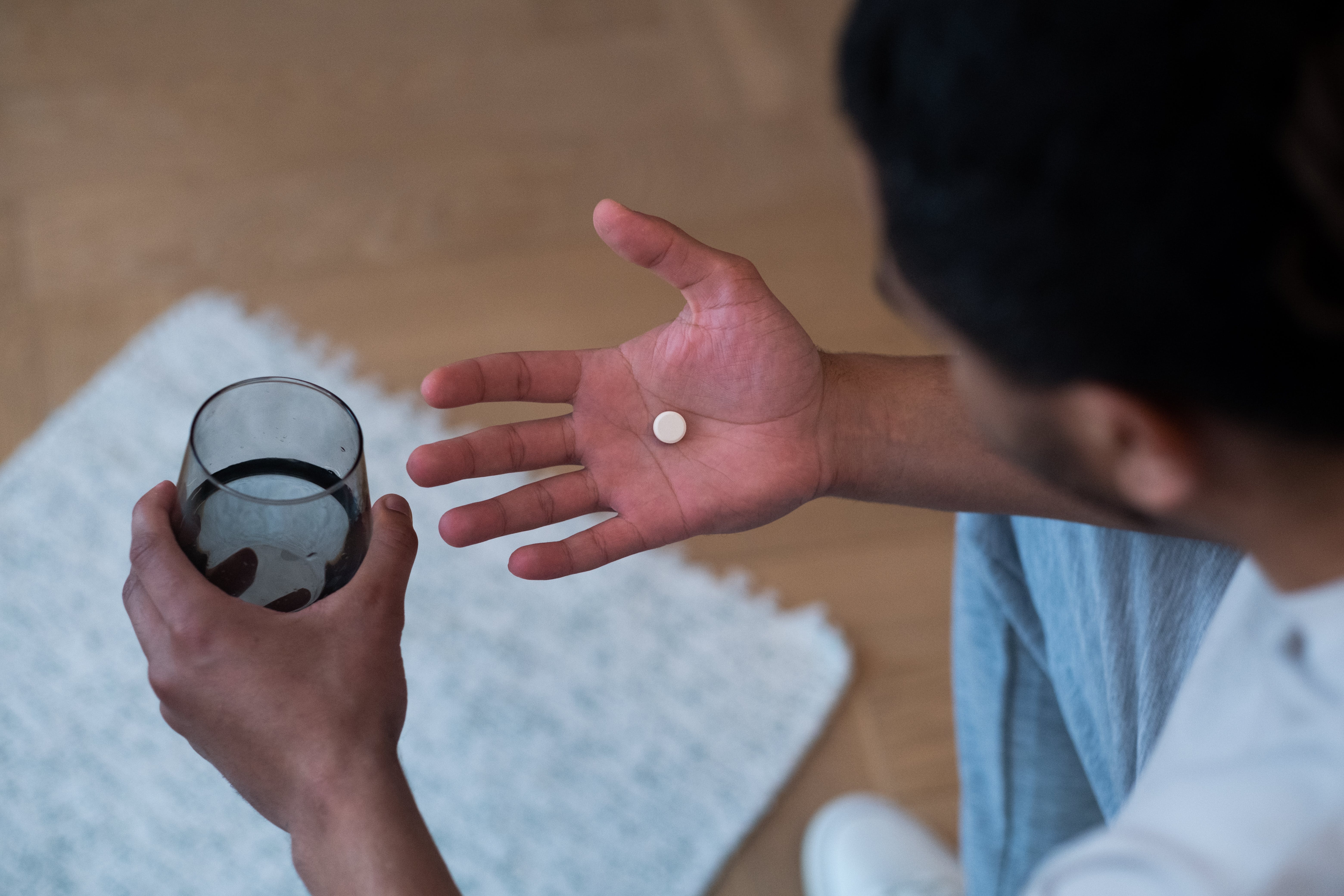Is the New Wonder Drug Metformin Living up to the Hype?
The boom of the longevity industry has brought many new anti-ageing supplements onto the market. Can metformin and testosterone help turn back the clock? Find out in this article.

In recent years, the pursuit of longevity has become increasingly mainstream, with more people exploring ways to reverse the ageing process and slow down the clock. As this interest grows, there is an emergence of new supplements flooding the market that claim to have such anti-ageing effects.
However, these claims are most often based on studies conducted on animal models, which cannot be extrapolated to humans due to many differences, such as genetics, metabolism, and overall lifespan. On the other hand, human trials don't seem feasible due to our long lifespan. Studying the anti-ageing and life-expanding effects of interventions in humans would require impractically long timeframes.
So how would one assess the anti-ageing effect of supplements in people?
Well, biomarkers that reflect ageing biology can be used to monitor the efficacy of such interventions. One of them is biological age, which reflects the body's age within. Unlike chronological age, biological age can be reversed, offering a way to validate the anti-ageing effects of an intervention.
One drug that is being extensively researched in the context of anti-ageing is metformin, a prescription drug primarily used to treat diabetes. Because of its implications in various age-related mechanisms, it has sparked interest as a potential anti-ageing therapeutic.
While animal studies have demonstrated the life-expanding properties of metformin, there is no evidence of such effects in humans. Despite this, a wealth of clinical data suggests potential health benefits by reducing the risk of certain age-related diseases. For instance, metformin has exhibited preventive effects against type 2 diabetes in non-diabetic individuals and has shown promise in reducing cardiovascular disease risk in diabetes patients.
Apart from supplements, there are natural molecules in our body that serve as the foundation for optimal health and a resilient ageing process. One category of such molecules are hormones - the chemical messengers implicated in all aspects of our biology.
As we age, certain hormones naturally decrease, causing various physiological changes in the body. Hormonal Replacement Therapy (HRT), which involves restoring hormone levels through supplementation, has proven effective in addressing these changes. Although commonly linked to managing menopause, HRT is not limited to women, as men also undergo a decline in hormone levels.
Testosterone is a hormone that plays a crucial role in men’s health and vitality. As men age, testosterone levels naturally decrease, leading to various health issues and changes in the body. In addition to ageing, obesity is another contributing factor to testosterone depletion. These factors have spurred the rise of anti-ageing clinics that now offer testosterone replacement therapy (TRT).
In our recent study, we explored the anti-ageing effects of both metformin and testosterone on one of the hallmarks of ageing - chronic inflammation.
We did this by focusing on IgG glycans - complex sugars attached to our antibodies. These molecules shape the inflammatory properties of antibodies and demonstrate high sensitivity to various interventions. Because of that, they serve as invaluable biomarkers for assessing chronic inflammation in real-time.
Our analysis of glycan structures aimed to determine whether metformin and TRT prompted a shift toward a more anti-inflammatory profile. To evaluate the exact impact of interventions, we also measured the participants' biological age with our GlycanAge test before and after the treatment.
The clinical trial involved 82 male participants dealing with obesity and low testosterone levels randomised into 4 groups:
- 19 people on metformin
- 24 people on TRT
- 20 people on both
- 19 people as the placebo group
Samples were collected before the treatments, at the 6-month mark, and again one year into the treatments.
Participants on TRT, whether alone or in combination with metformin, showed significant changes in their IgG glycome. They exhibited a decrease in proinflammatory glycans and an increase in anti-inflammatory glycans. Consequently, glycan structures included in 3 of our Glycan indexes exhibited improvement, leading to an overall reduction in their GlycanAge. Namely, these indexes are Glycan Youth, Glycan Shield, and Glycan Mature.
Glycan Youth is characterised by glycans containing two galactoses, a trait associated with anti-inflammatory properties typically abundant in younger individuals. Among participants on TRT, we observed a marked increase in these glycans.
Conversely, Glycan Mature is distinguished by glycans missing both of their galactoses. These glycans are considered pro-inflammatory, as they lead to over-activation of the immune system and increased inflammation. In response to TRT, participants exhibited a noteworthy reduction in these inflammatory glycans.
Glycan Shield is defined by glycans containing sialic acids attached to the aforementioned galactoses. They serve as the best defence against chronic inflammation. They showed the same trend as Glycan Mature, increasing in individuals on TRT.
Due to a relatively small sample size, we conducted a cross-sectional study with samples from Raffaele Medical, our HRT-focused partner, to further validate our findings. We analysed samples from 71 individuals on TRT and 47 controls. The analysis revealed the same trends, confirming TRT's positive impact on the immune system and subsequent reduction in biological age.
Conversely, metformin therapy did not yield statistically significant changes. While some individuals experienced a reduction in their biological age, others witnessed an increase.
For a more comprehensive understanding of the properties of metformin, we need studies with larger sample sizes and more controlled environments, ensuring that metformin is the main actor driving GlycanAge changes. Due to the high responsiveness of the GlycanAge test to lifestyle changes and other interventions, isolating the effects of a single parameter becomes challenging, making it difficult to confirm its exclusive contribution to changes in biological age.
In conclusion, our study revealed that metformin doesn't affect GlycanAge index of biological age, or to be more exact, while it may affect some individuals, it doesn't affect the majority of people. Metformin's potential benefits may be more pronounced in specific cases, such as those with a family history of insulin insensitivity or early signs of diabetes.
Nevertheless, the varied effects observed in the IgG glycome due to metformin underscore the critical importance of a personalised approach in health interventions, recognizing that what proves beneficial for one person may not yield the same results for another.


